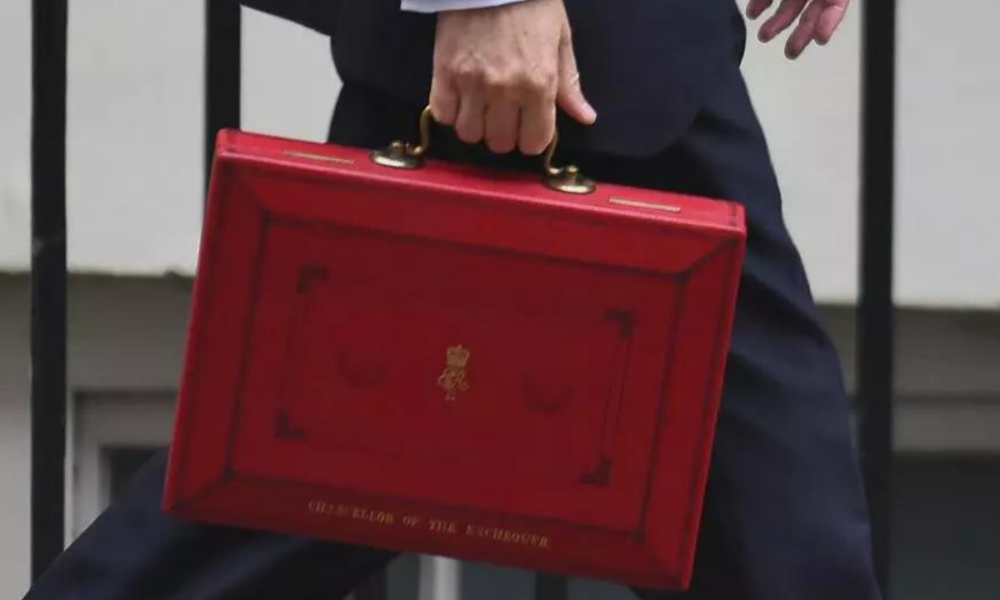The post-Covid bounce back of the travel industry is well underway as the northern hemisphere summer travel season gets going. However, unpicking the direct and indirect damage that has been done to the aviation and travel industry as a result of the pandemic is going to take years to sort out.
And it’s not just northern hemisphere carriers that are feeling the heat of bad publicity. Australia’s national carrier, Qantas, has been in court over the rough treatment of loyal, long-serving staff who have been let go and replaced by lower cost offshore workers.
There is a serious resourcing issue affecting global airline travel. Staff shortages have long plagued the aviation industry, although most of it has traditionally been the short supply of pilots.
In the long term, this shortage of flight deck crew is set to deepen as aviation is forecast to grow by anything from between 44 and 76 percent by 2050. The cost of financing the huge cost of flight training is becoming too expensive for many with aspirations for careers as commercial aviators. A shortage of skilled aviation engineers required for the essential maintenance of aircraft fleets is also nothing new.
However, it is not just pilots and skilled technical trades that keep the show on the road. Airport staff that perform essential duties for check-in, baggage handling, boarding gate, cleaning and security are in short supply.
At the heart of this are the layoffs and redundancies of airline and airport workers. The effort to rehire staff on new contracts that may offer inferior pay and conditions is not going well. Some experts suggest staff shortfalls are somewhere between 10 and 30 percent.
The fallout is significant and as a result it looks like some staffing agencies are seeing ‘blowback’ in the shape of direct criticism about contracts, pay and conditions in the media, at public forums and posted on social media.
The images of passengers sleeping on floors and baggage reclaim carousels are not a good look, and will be especially discouraging for those intending to travel with older people and children in particular.
The industry is under some criticism for overselling flights and holidays that it knows it cannot deliver due to predictable resourcing shortfalls. From the perspective of so many other businesses keen to regain ground lost in the pandemic, this is understandable.
However, from the point of view of customers – many of them cash strapped travellers looking for a last hurrah before the cost of living crisis really strikes home for many in October – it is unforgivable.
The problem here is this is creating an even bigger problem for the aviation industry and the companies that provide temporary staffing and permanent recruitment services.
For the UK there is a vacuum of workers created by Brexit and it is a structural shortage that all agencies and employers must contend with. In a nutshell, with record numbers of unfilled vacancies, it is quite simply a job seeker’s market.
Ultimately, aviation needs to be safe. Air safety issues such as aircraft maintenance and cabin security are not negotiable; however, there is also a need to prevent frustrated passengers from abusing hard pressed staff. Flashpoints, particularly in airports, have been seen and there is the potential for disorder that may endanger workers, passengers and the police.
There are three takeaways that would help address these issues, and they serve as cautionary for agencies working with clients in other economic sectors:
Aviation industry staff, such as those manning the passenger and cabin baggage security scanners, maybe on contracts in the £10 -12 range. There is fierce competition for workers at this cost point right across the economy, and the bad reputation of aviation means it is really going to struggle to resource itself in line with demand. The industry needs to review the pay and conditions it offers workers.
The shabby treatment of workers has poisoned the industry for many of the skilled, trained, experienced and security cleared aviation industry workers that were laid-off during Covid and who have now permanently left the industry by changing careers. The case for luring tried and tested staff to return to the industry is very strong.
The aviation and travel industries now have an image problem and are seen as uncaring and ruthless by many customers. Accepting bookings and taking money when it is clear they cannot meet the demand at current and predicted staffing levels is unacceptable. Many customers will also sympathise with the aviation industry workers who have been poorly treated. It is clear there is a real need to rehabilitate the image of the industry as a whole and of individual aviation and travel brands.
Recruitment agencies and staffing partners that work with the aviation and travel industry get greater value from technology with ETZ. And every agency in any sector of the economy can share in the benefit, because ETZ slashes the cost of timesheet processing by up to 85%.
The software eliminates labour intensive paper based processes, streamlining activity and promoting efficiency. ETZ simplifies timesheets, invoicing, compliance and payments. Our complementary solution, Caspian for business intelligence gives agencies the competitive advantage that is so vital to success today.
Make ETZ your RecTech partner of choice, and we’ll help you obtain excellent value from technology. To find out more, call us on 0800 311 2266 or book a demo.


Releasing the potential for growth Technology has proved transformative to the recruitment industry, with its benefits most strongly felt by...
Read more

Stimulating the job market and increasing opportunities for recruiters There is much speculation about the UK Budget scheduled for 30...
Read more

AI developing at astonishing pace To say that the recent rise of AI has been meteoric would be to do...
Read more